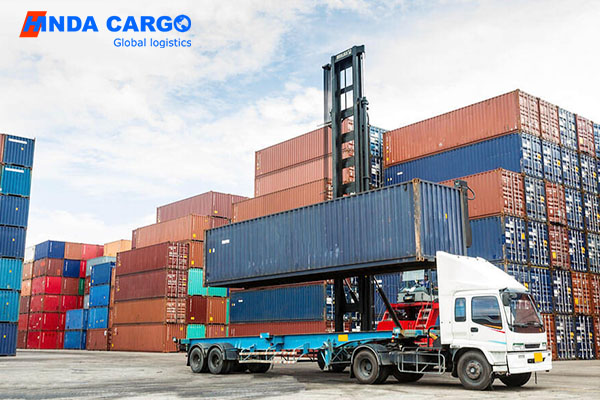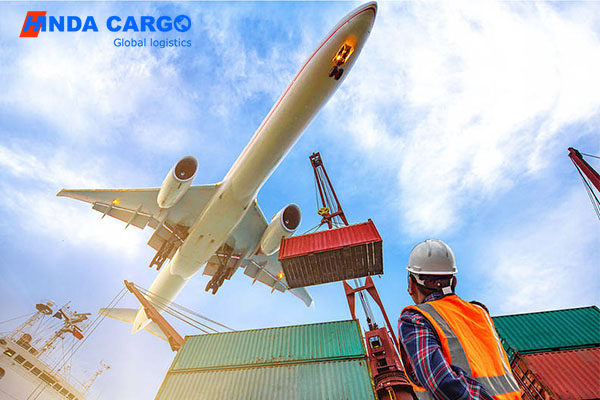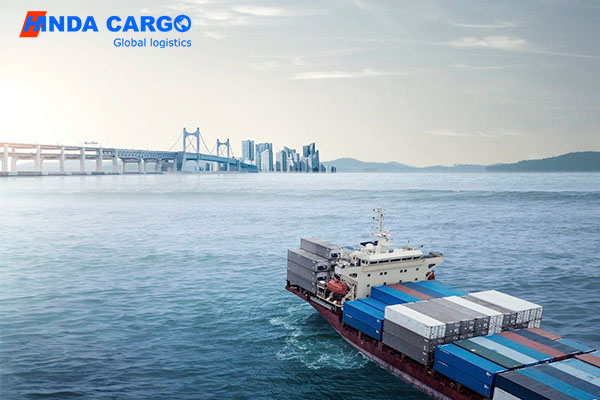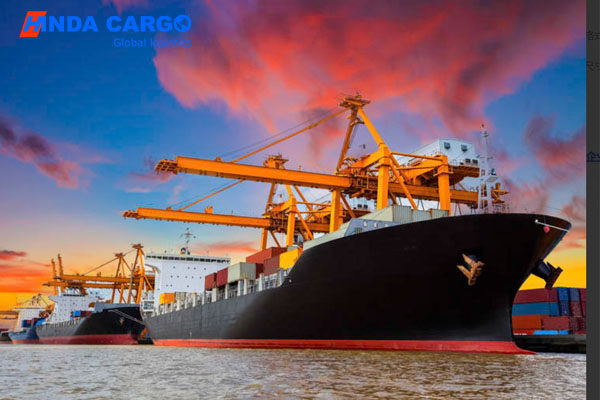What does FCA mean in freight transportation?
With the growing prosperity of international trade, global logistics has become more complex and diversified. To this end, the International Chamber of Commerce (ICC) has developed a series of international trade terms (Incoterms) to clarify the responsibilities and cost allocation between buyers and sellers in the process of freight transportation. FCA (Free Carrier) is one of the commonly used trade terms and often appears in contract terms.
So, what does FCA mean? What is its specific operation process in international freight? What issues should buyers and sellers pay attention to when choosing FCA terms? This article will explore these issues in detail.

What does FCA mean?
FCA is a trade term in the International Commercial Terms (Incoterms) issued by the International Chamber of Commerce, which means "free carrier". According to the FCA terms, the seller is responsible for delivering the goods to the carrier designated by the buyer. The place of delivery can be the seller's warehouse, factory, or other places agreed by both parties. Once the goods are delivered to the carrier, the risk and cost are transferred to the buyer.
Origin of FCA:
FCA, as a trade term, first appeared in the 1980 edition of Incoterms and has been continuously improved in subsequent revisions. Its purpose is to meet the needs of modern multimodal transport, especially in the combination of sea, air and land transport, to provide more flexible options.
Main content of FCA:
● Place of delivery: The seller needs to deliver the goods to the buyer or the carrier designated by the buyer at the designated place.
● Cost bearing: The seller bears all costs before the goods are delivered to the designated place, and the subsequent costs are borne by the buyer.
● Risk transfer: When the goods are delivered to the carrier at the designated place, the risk is transferred from the seller to the buyer.

Specific operation process of FCA
In order to better understand how the FCA terms work, we will analyze it in detail with a case of exporting from China to Germany.
1. Contract signing:
A Chinese manufacturer and a German importer reached a deal using FCA terms. The contract clearly specifies the specifications, quantity, price and delivery location of the goods (such as Shanghai Port or the manufacturer's factory).
2. Goods preparation:
The Chinese manufacturer produces or purchases the goods according to the contract requirements, and packages and labels them. The manufacturer also needs to prepare the necessary export documents, such as commercial invoices, packing lists and certificates of origin.
3. Delivery and risk transfer:
According to the contract, the Chinese manufacturer transports the goods to the delivery location (such as Shanghai Port). At the delivery location, the goods are delivered to the carrier designated by the German importer. Once the carrier receives the goods, the risks and costs are transferred to the buyer.
4. Carrier transportation:
The German importer is responsible for arranging the carrier to transport the goods from the delivery location to the destination (such as Hamburg, Germany). The importer bears the costs and risks incurred during transportation.
5. Arrival and customs clearance:
After the goods arrive at the Port of Hamburg, Germany, the importer is responsible for customs clearance procedures, including payment of import duties and other related fees. The importer also needs to arrange for the goods to be transported from the port to the final destination.

What are the advantages of FCA?
1. High flexibility:
FCA terms provide great flexibility. Buyers and sellers can choose the most suitable delivery location according to actual conditions, whether it is the seller's warehouse, factory, or third-party logistics center. This flexibility makes FCA particularly popular in multimodal transport.
2. Clear risk:
Under FCA terms, the risk is transferred when the goods are delivered to the carrier. This clear demarcation point makes the division of responsibilities between the two parties clearer and helps reduce disputes and disputes.
3. Cost control:
Since FCA terms clearly specify the party responsible for the costs, buyers can better control transportation costs and choose the most cost-effective carrier and mode of transportation.

What are the challenges of FCA?
1. Scope of seller's responsibility:
Although FCA terms clearly specify the time point of risk transfer, in actual operation, the seller still needs to ensure that the goods meet the contract requirements at the time of delivery and provide the necessary export documents. If there is a problem with the goods before delivery to the carrier, the seller still needs to bear the corresponding responsibility.
2. Carrier selection:
Under FCA terms, the buyer is responsible for selecting and arranging the carrier. If the carrier selected by the buyer does not have a good reputation and service quality, it may affect the safety and timeliness of the transportation of the goods. The seller needs to coordinate with the buyer to ensure that a reliable carrier is selected.
3. Customs clearance complexity:
Although FCA terms simplify the export process for sellers, buyers may still face complex policies and regulations in customs clearance procedures at the destination. If the buyer is not familiar with local customs clearance requirements, it may cause cargo delays or additional costs.
Conclusion
As a common term in international trade, FCA provides a clear framework for the allocation of responsibilities and costs between buyers and sellers. Although FCA terms have their advantages, in actual operations, companies need to comprehensively consider factors such as logistics capabilities, risk tolerance and cost control to choose the most suitable trade terms.




